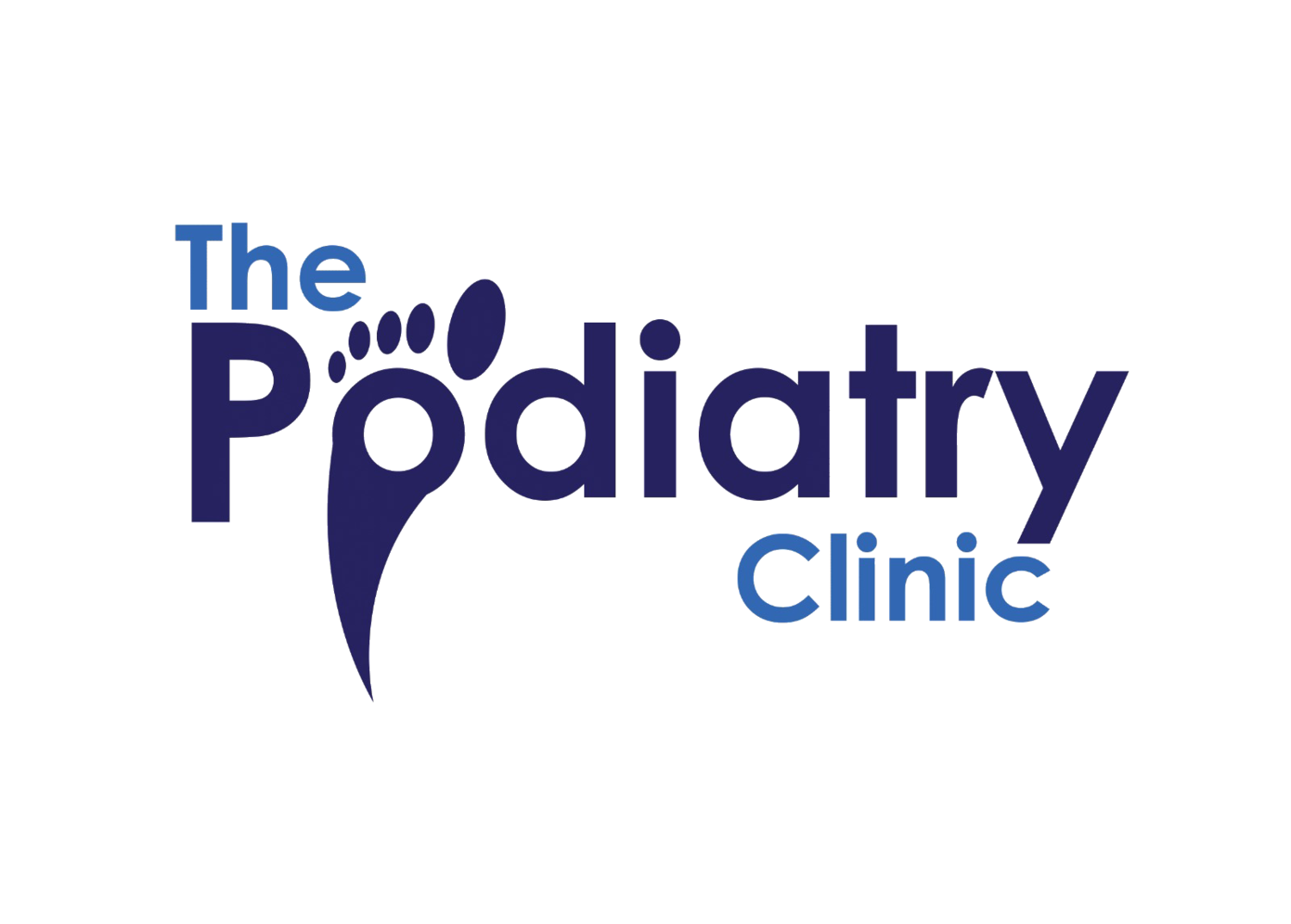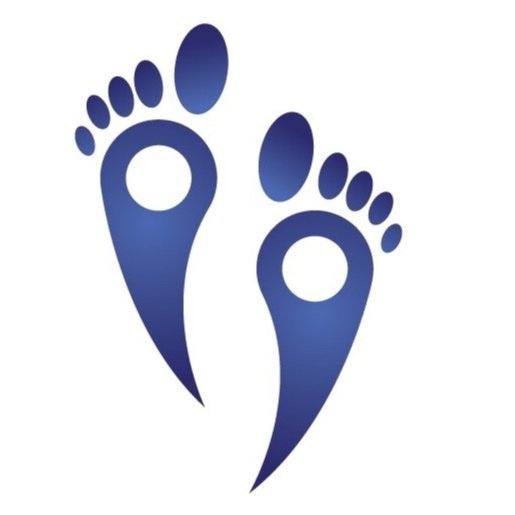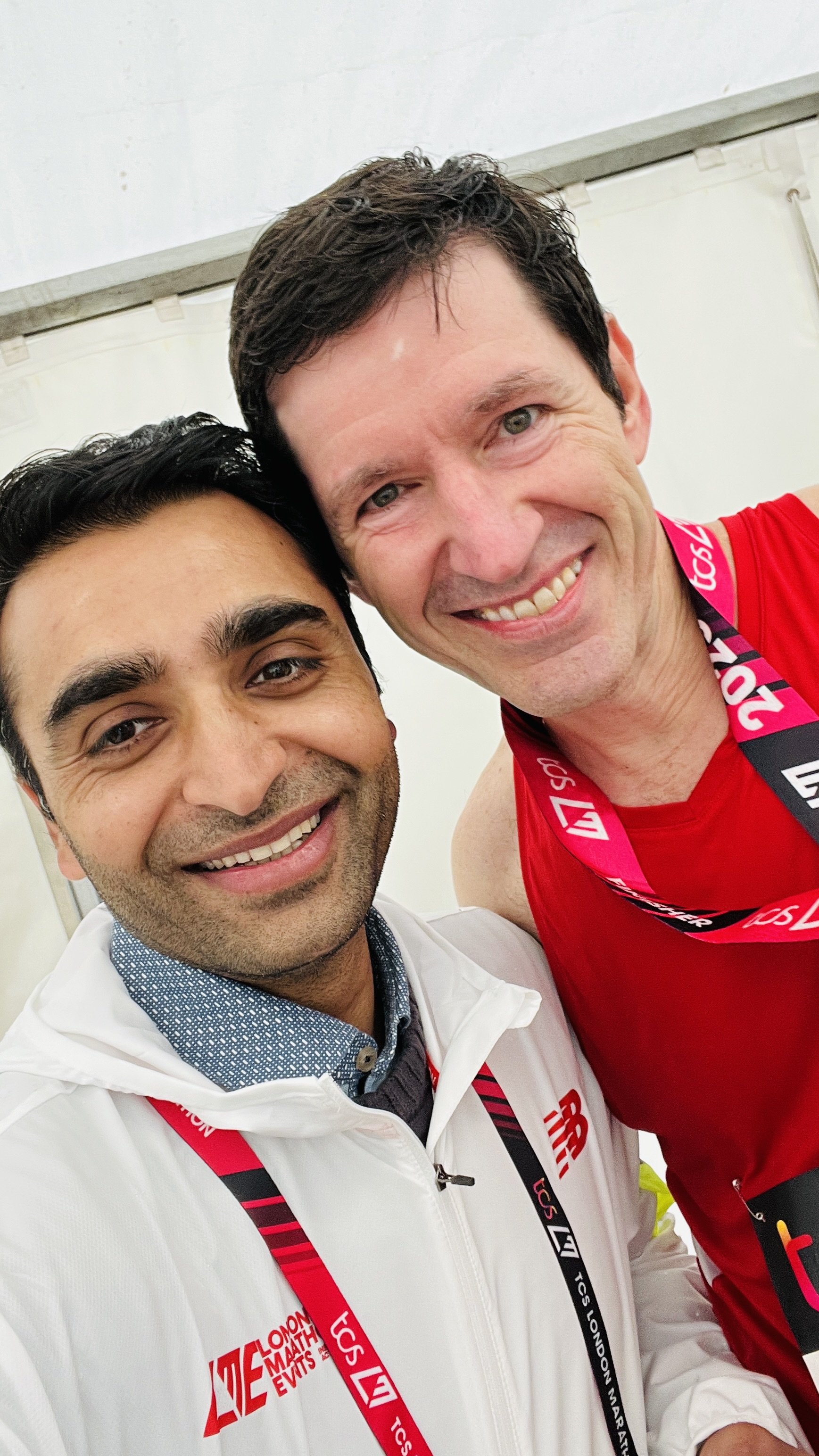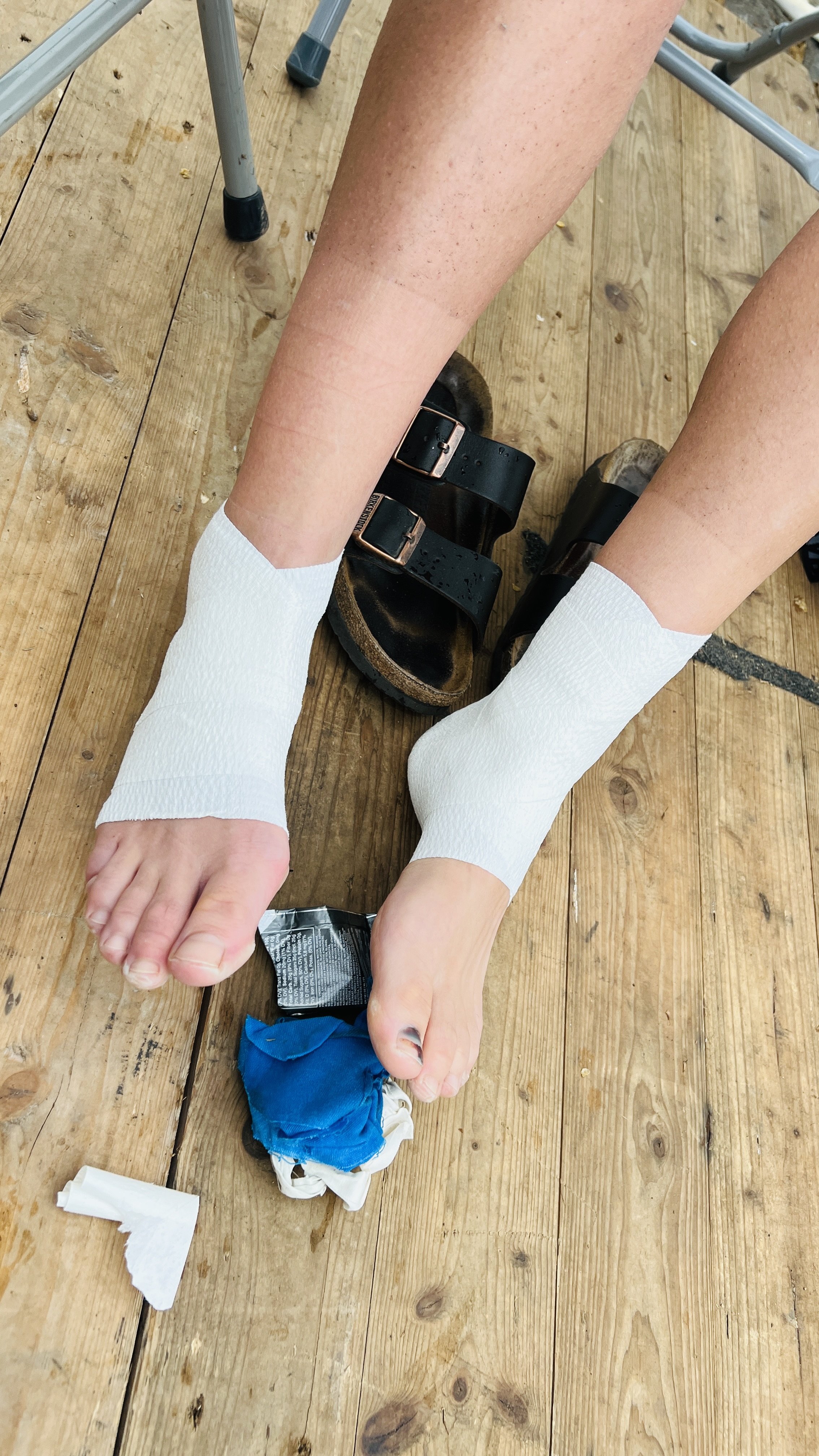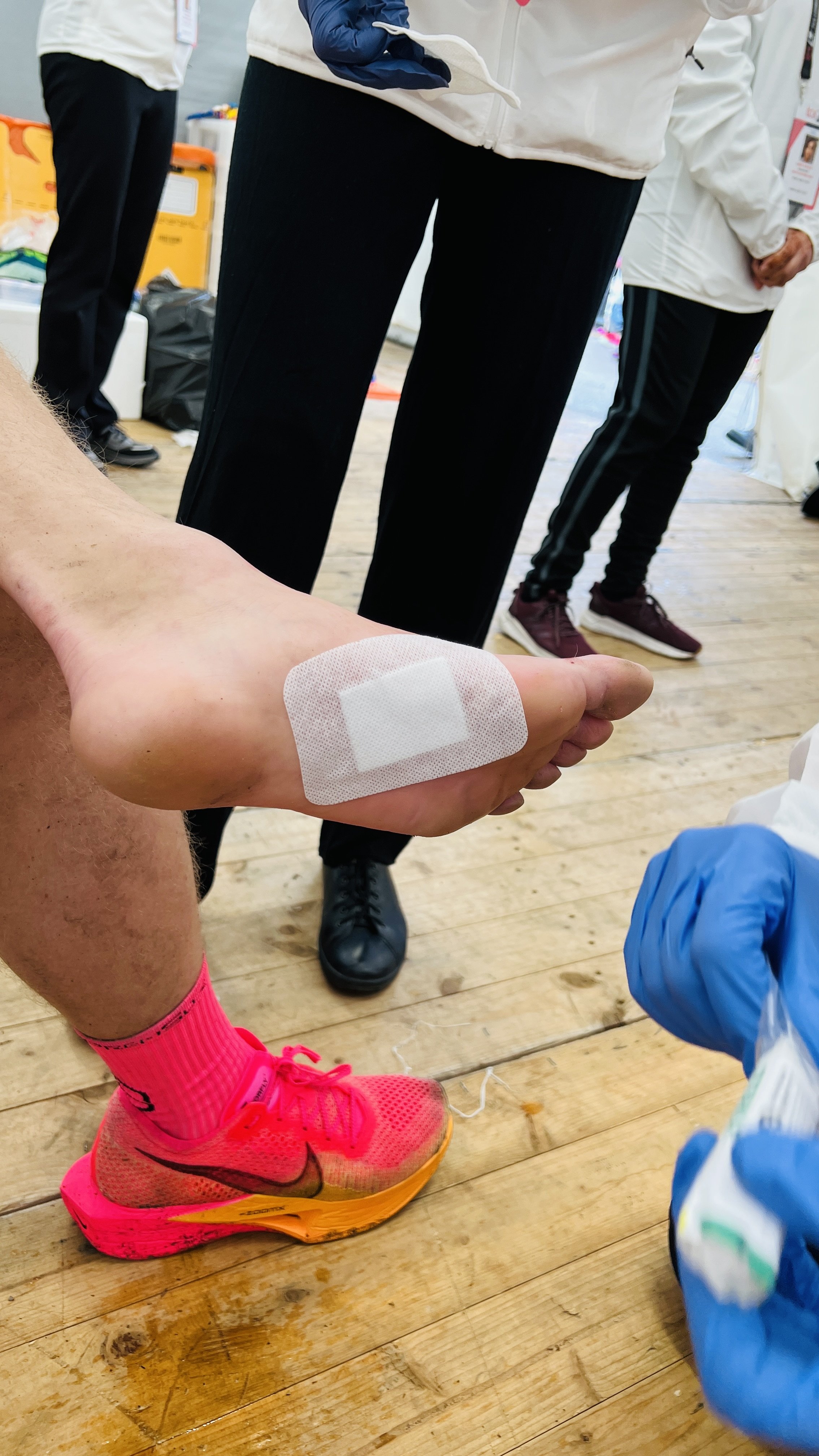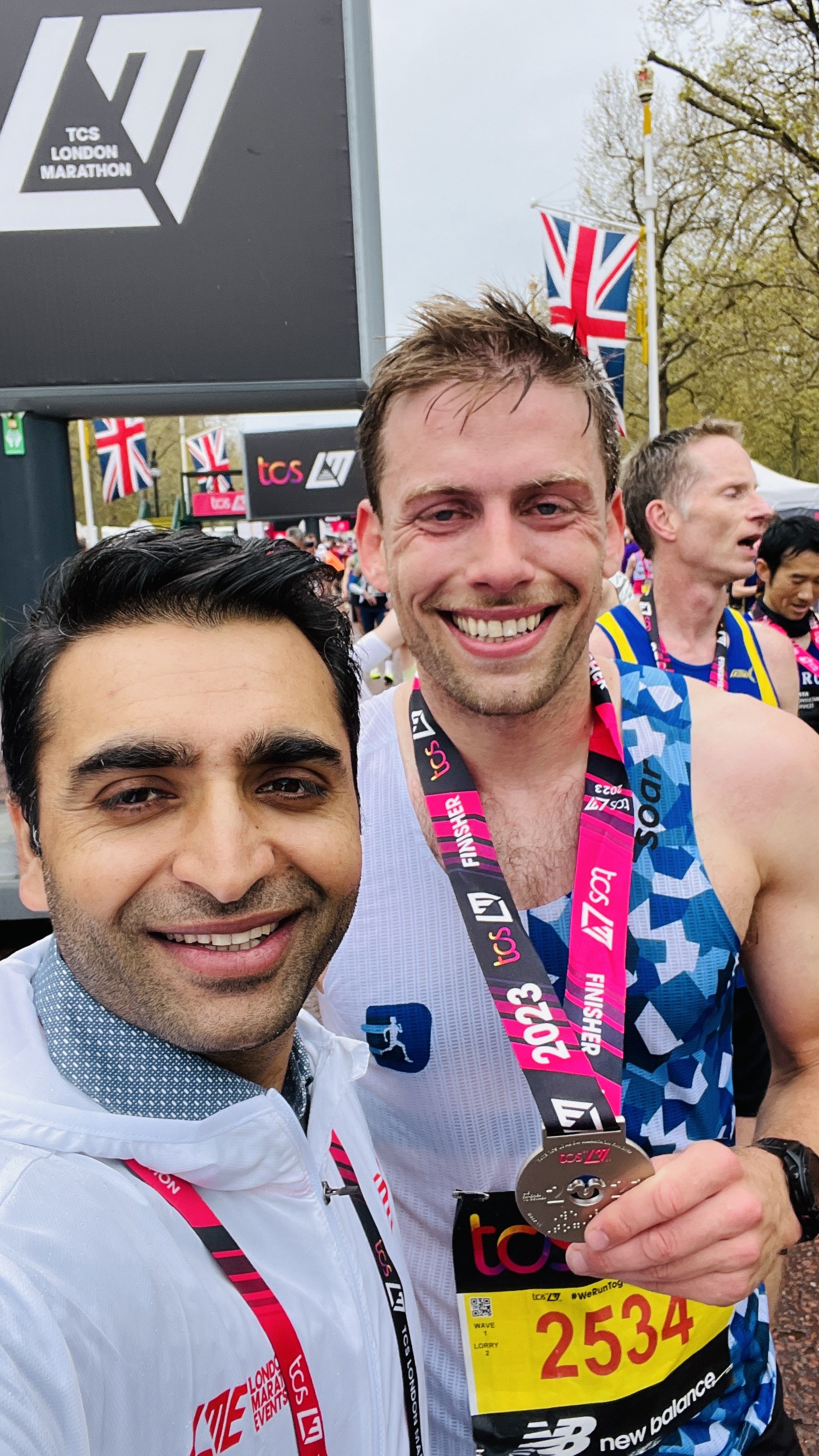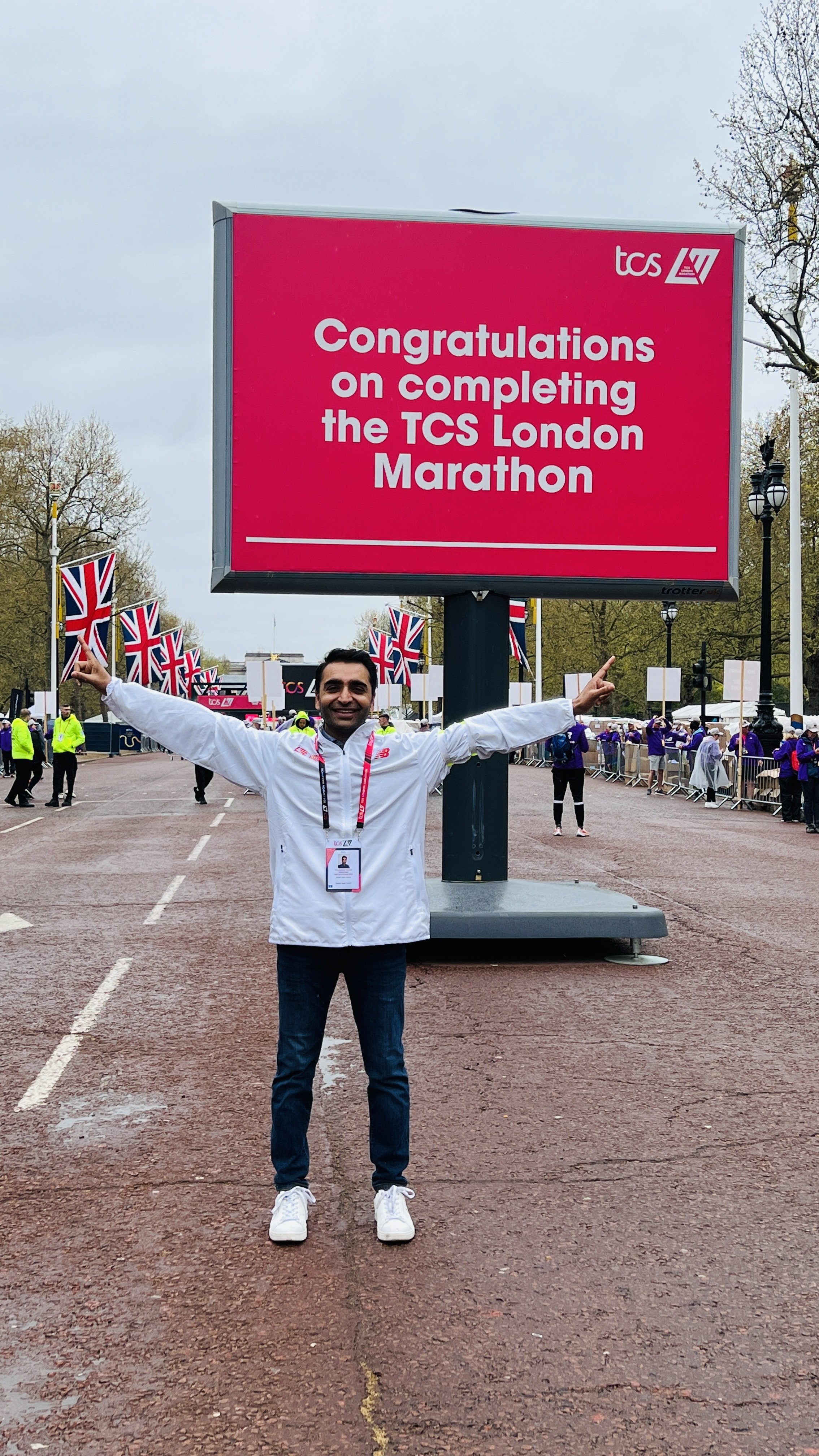From Blisters to Shin Splints: A Podiatrist's Guide to Post-Marathon Recovery
Completing a marathon is an amazing accomplishment, but it can take a toll on the body. As a Sports Podiatrist, who volunteered at the London Marathon in April 2023, I had the opportunity to work with fellow podiatrists, physiotherapists, and paramedics to help runners recover from the common injuries that they experienced during the race. In this blog, I'll share some of the common injuries that I treated at the medical camp and offer advice on how to treat them.
Managing Muscle Soreness After Running
After a marathon, muscle soreness is the most common injury that runners experience. The muscles have been pushed to their limits during the race, and this can lead to soreness and stiffness. To treat muscle soreness, runners should rest and stretch their muscles gently. Taking a warm bath or using a foam roller can also help relieve muscle soreness.
Say Goodbye to Blisters
Blisters are another common injury that runners may experience after a marathon. They are caused by friction between the skin and socks or shoes. To treat blisters, runners should clean the affected area with soap and water, then cover the blister with a sterile bandage. It is important not to pop the blister, as this can increase the risk of infection.
Overcoming Knee Pain After Running a Marathon
Knee pain is a common injury that runners may experience after a marathon, especially if they did not properly train or if they have a history of knee injuries. As a podiatrist, I would advise runners to have their feet assessed to ensure they have the correct foot posture and that their footwear is appropriate for their running gait. To treat knee pain, runners should rest and ice the affected area. They should also avoid any activities that exacerbate the pain, such as running or squatting. If the pain persists, runners should consult a doctor or physical therapist.
Shin Splints are Common in Runners
Shin splints are a common injury that runners may experience after a marathon, especially if they over-pronate or have weak shin muscles. To treat shin splints, runners should rest and ice the affected area. They should also wear proper footwear and avoid running on hard surfaces. Strengthening exercises for the shin muscles can also help prevent shin splints.
IT Band Syndrome
IT Band Syndrome is a common injury that runners may experience after a marathon, especially if they have weak hips or poor running form. To treat IT Band Syndrome, runners should rest and ice the affected area. They should also avoid any activities that exacerbate the pain, such as running or squatting. Physical therapy and strengthening exercises for the hips can also help prevent IT Band Syndrome.
How to Prevent and Treat Achilles and Heel Pain?
Achilles and heel pain are common injuries that runners may experience after a marathon, especially if they overuse their calf muscles or wear improper footwear. As a podiatrist, I would advise runners to have their feet assessed to ensure that their footwear is appropriate and that they are not overpronating. To treat Achilles and heel pain, runners should rest and ice the affected area. They should also avoid any activities that exacerbate the pain, such as running or jumping. Stretching and strengthening exercises for the calf muscles can also help prevent Achilles and heel pain.
In conclusion, running a marathon is an amazing experience, but it can also lead to various injuries. As a podiatrist, I would recommend runners to have their feet assessed regularly to ensure that their footwear is appropriate and that their feet are healthy. Proper training, stretching, and rest can also help prevent injuries. If you experience any pain or discomfort after a marathon, it is important to seek medical attention promptly. Treating injuries early can help prevent them from becoming more severe and affecting your overall health and wellbeing.
By taking care of your body, you can ensure that you are ready for your next marathon or any other physical challenge that comes your way. As someone who volunteered at the London Marathon medical camp, I encourage runners to seek medical advice and support whenever they need it. Whether you're a beginner or a seasoned marathon runner, your health and safety are of the utmost importance. With the right care and attention, you can recover from injuries and get back to doing what you love: running.
